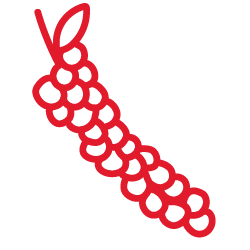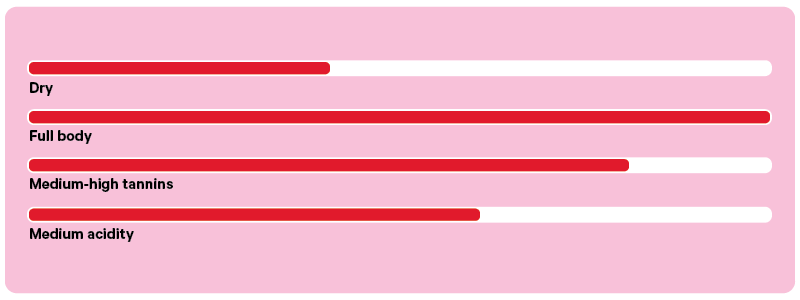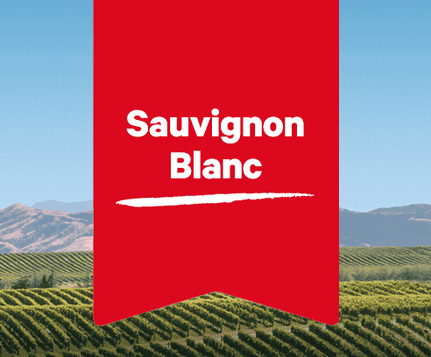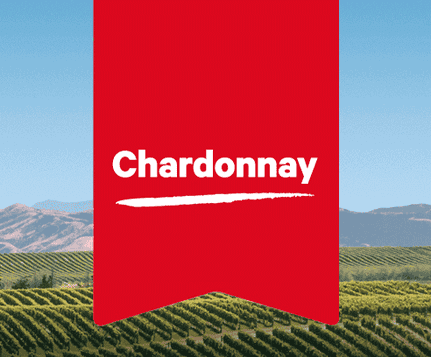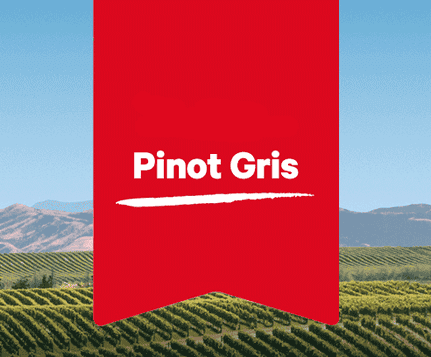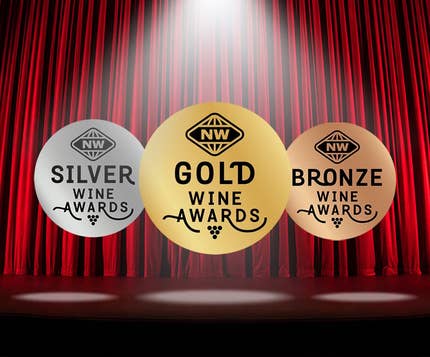Guide to Shiraz and Syrah
Kiwis can’t get enough of this bold, rich red wine. We unpack why it’s so popular and what to look for in your next meaty red.

Shiraz and Syrah - are they the same thing?
A great fact to pull out at your next BBQ is that Shiraz and Syrah are actually the same grape, and the names simply refer to where it’s from.
The name ‘Syrah’ is used in France and other regions of the world, where wines tend to have a more earthy and peppery taste.
You’re probably used to hearing the name ‘Shiraz’, which describes the grape and style we get from Australia. Aussie Shiraz tends to be bolder, fruitier, and spicier.
Whether you prefer to sound French or Australian is up to you, this guide will help you find the perfect vino either way!
Storing and serving
|
|
|
Before serving: | Once opened: | Serving: |
| Store in a cool, dark place, around 10°C. Storing for 2-5 years will improve the wine. Some can last and improve over 15 years. | Store in the fridge and drink within 3-5 days. Or 2 weeks if used for cooking. | Tad cooler than room temp, around 15°C. |
Shiraz/Syrah average nutrition in 150ml glass (1 serving)
Alcohol 13% | Calories 120 Calories | Sugar 0.5 grams | Carbohydrates 3.5 grams |
How much do I spend?
You can expect to spend around $20 to $40 for a quality Shiraz or Syrah. You can also find a delicious wine for less than this. Older Shiraz from a quality brand is often more expensive as it’s had time to develop additional layers of flavour and texture.Read our wine pricing guide for more.
What’s a good Shiraz / Syrah to buy?
1 / 0
What are the differences between Shiraz and Syrah?
Syrah | Shiraz |
|
|
Shiraz / Syrah compared to other wines
Body: Shiraz/Syrah is medium to full-bodied, with a smoother texture and slightly softer feel. Cabernet Sauvignon is full-bodied, but often richer with more tannins.
Acidity: Shiraz/Syrah has moderate acidity, making it feel more rounded and balanced. Cabernet Sauvignon tends to have higher acidity, contributing to its boldness.
Dryness/sweetness and taste: Shiraz/Syrah is typically dry with flavours of dark berries, pepper, and sometimes earthy or smoky notes. Cabernet Sauvignon is also dry, but with stronger tannins and flavours of blackcurrant, cedar, and sometimes tobacco or mint, giving it a more intense taste.
Body: Shiraz/Syrah is medium to full-bodied, described as bold and rich. Pinot Noir is lighter-bodied, offering a softer, more delicate feel in your mouth.
Acidity: Shiraz/Syrah has moderate acidity, which adds balance to its richness. Pinot Noir usually has higher acidity, providing more freshness.
Dryness/sweetness and taste: Shiraz/Syrah is dry with flavours of dark berries, pepper, and sometimes smoky or spice. Pinot Noir is also dry, but with lighter fruit flavours like cherry and raspberry, often accompanied by earthy or floral hints.
Body: Shiraz/Syrah is medium to full-bodied, with a smooth yet bold texture. Petite Sirah (Durif) is full-bodied, often more dense and ‘intense’.
Acidity: Shiraz/Syrah has moderate acidity. Petite Sirah tends to have slightly higher acidity.
Dryness/sweetness and taste: Shiraz/Syrah is dry with dark fruit flavours like blackberry and plum, along with peppery and smoky notes. Petite Sirah is also dry, but it delivers deeper, more concentrated dark fruit flavours like blueberry, along with chocolate, and even leather.
Body: Shiraz/Syrah is medium to full-bodied and is bold and rich. Merlot is more medium-bodied.
Acidity: Shiraz/Syrah has moderate acidity, adding balance to its richness. Merlot usually has lower acidity.
Dryness/sweetness and taste: Shiraz/Syrah is dry, with flavours of dark berries, pepper, and sometimes smoky or spicy notes. Merlot is also dry, but features softer fruit flavours like plum, cherry, and even chocolate. In fact, both of these wines are lovely with chocolate.
Body: Shiraz/Syrah is medium to full-bodied, bold and smooth. Malbec is also full-bodied, but often richer and more dense.
Acidity: Shiraz/Syrah has moderate acidity, which balances its richness. Malbec usually has lower acidity.
Dryness/sweetness and taste: Shiraz/Syrah is dry, featuring flavours of dark berries, pepper, and sometimes smoky or spicy notes. Malbec is also dry, but it often showcases bolder fruit flavours like blackberry and plum, along with chocolate and leather undertones.
What food goes well with Shiraz / Syrah?
Shiraz/Syrah pairs well with hearty dishes, especially red meat and rich, flavourful food.Here are some delicious options:
- Grilled or barbecued meats like steak, lamb, or sausages.
- Rich stews and slow-cooked dishes using beef or game.
- Spicy foods like barbecue ribs or spicy sausages.
- Aged cheeses, particularly strong or blue cheeses.
- Dark chocolate for dessert, especially with fruit notes in Shiraz.
Shiraz / Syrah FAQs
Smell: If it has a sour, vinegar-like odour or smells like wet cardboard, it's likely spoiled.
Taste: A flat, overly acidic, or harsh taste indicates it's no longer good.
Colour: Shiraz that's turned a brownish hue instead of deep red or purple is likely off.
Cork issues: If the cork is dry or crumbling, air may have spoiled the wine.
We recommend looking for labels from these regions:
Barossa Valley, McLaren Vale, Hunter Valley, Coonawarra or the Clare Valley.
These popular areas showcase Australia's diverse and exceptional Shiraz styles. The hot climate produces a dramatically different wine to cooler climate Syrahs.
Syrah is often blended with Viognier, a white grape varietal, which adds floral notes, extra spice, and surprisingly, enhances the colour (dark red).
In Australia, Shiraz is often blended with Cabernet Sauvignon. It’s a popular, delicious option!
Here are some NZ Syrah regions to consider when purchasing your next red;
- Hawke's Bay: Known for producing rich, spicy Syrah with dark fruit flavours and peppery notes.
- Gisborne: Offers more fruit-forward styles of Syrah with balanced acidity.
- Waiheke Island: Produces bold, complex Syrah with intense flavours of dark fruit, spice, and earthy undertones.
Use a large, wide-bowled glass. Experts say this allows the bold flavours and aromas to fully ‘open up’, so you can taste the many flavours. Before you take a sip, try inhaling and taking in the aromas. It’s what the experts refer to as ‘on the nose’. See if you can identify flavours listed on the bottle.
You sure can. Shiraz works especially well in recipes that call for red wine, adding depth and a hint of spice.
Just make sure to use a wine you’d also enjoy drinking.



